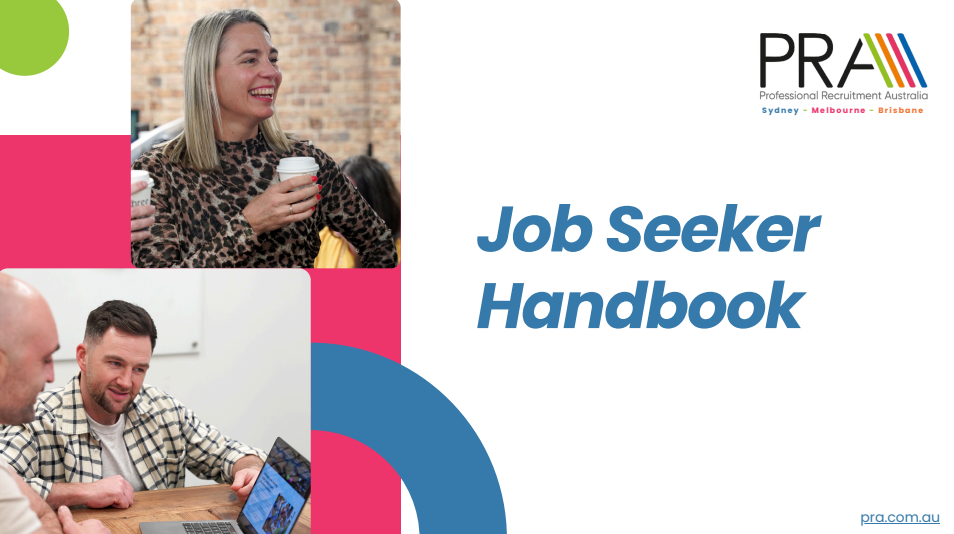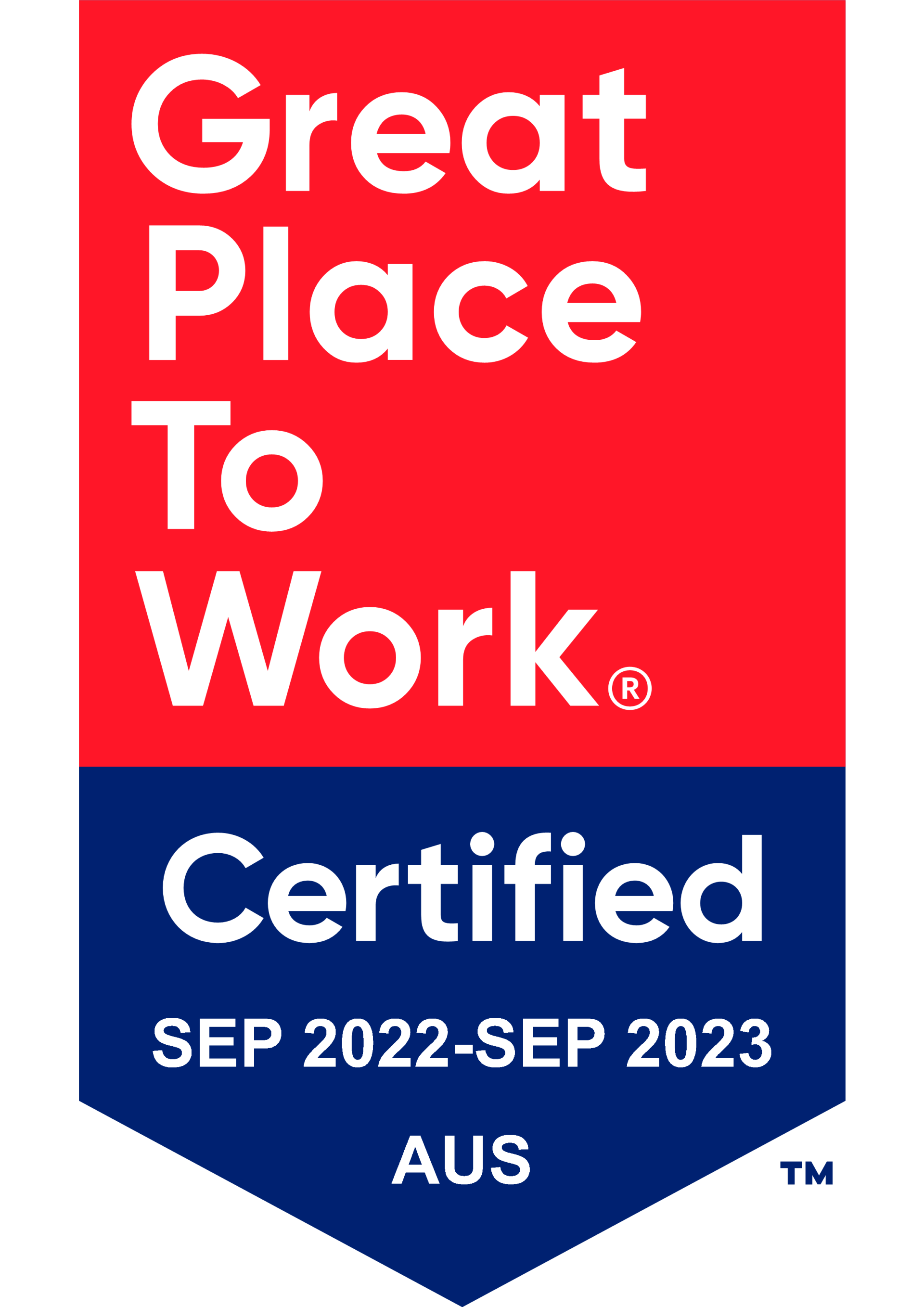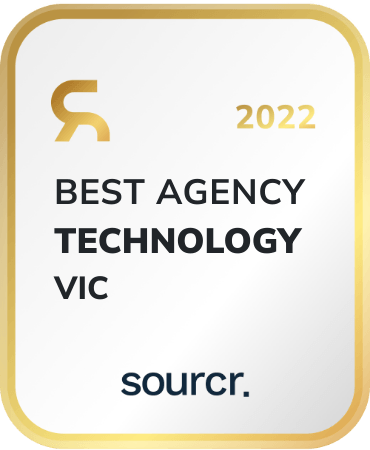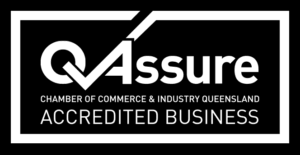Women In Leadership | An Interview with Sarah Vega
With a real passion for Technology & People, we caught up with Sarah Vega (Partner at KPMG) on her career and her thoughts on leadership.
Career
After speaking with Sarah for 5 minutes, it is clear that a passion for technology is in her genes, and it stemmed from her father, who is still her hotline when she needs tech support. He was an Electronic Engineer in the Royal Air Force and then a Signals Engineer at the Government Communications HQ in the UK, and from a young age, Sarah has been coding and playing on home-built computers. She was on the very first computing degree at Loughborough University in the UK and following this joined Accenture, where she spent the first 12 years of her career. Sarah’s career has seen her move from consultancy into the corporate world where she has worked for MLC, Transfield Services and Commonwealth Bank and she has eventually come full circle back into professional services, having joined KPMG last year. Sarah has always been most comfortable straddling the line between the Business function and Technology, and because she speaks both languages fluently, this has allowed her to really excel. Her skill set is extremely broad and she has managed everything from Business Transformation, Project Management, Enterprise Architecture and IT Strategy and Governance.
Leadership
In her diverse career, Sarah has built many high-performing teams and has learnt through first-hand experience and some hard lessons the attributes that set aside the great leaders from the average.
Qualities that are important to her:
- Bravery with empathy - in equal measures allows you to land a message effectively
- Aligned Values - lead to a happy and successful work life
- Authenticity – now a corporate buzz word but still to strive for
- Listening - we have two ears and one mouth and should use them in those proportions
In Sarah’s experience, poor leaders haven’t had the ability to speak up effectively, and says it’s hard to speak up if you are the dissenting voice and even harder to land your message in large teams. Sarah’s view is that having the bravery to speak up whilst having empathy towards your audience allows you to deliver a strong opinion or message without coming across as aggressive. Although ‘authenticity’ is a corporate buzz word right now, Sarah strongly believes that authentic leadership is something to strive for, as it breaks down hierarchical barriers, allows you to connect with your team and ultimately be more successful at building, articulating and engaging others in your mission. Sarah also believes that she is the happiest at work (and the most successful) when her own values have been deeply aligned with those of her boss and the organisation she works for.
Teams
Sarah prides herself on building aligned, empowered, diverse teams and it is definitely one of her strengths. She believes that when an organisation hires a strong female leader, they attract more females to them and can be effective in overcoming gender balance issues. In her last role, she had a number of exceptional women on her team and when recruiting for a vacant role of General Manager, she needed to recruit a male into the role to ensure she had gender balance.
Sarah is an advocate for seeing more women in senior positions, and with a previous employer, she sponsored a piece of work to investigate why they weren’t seeing many female applications for Executive Manager roles. A key finding was that there were many talented women but they didn’t have anyone encouraging them to put themselves forward. So she made herself the figurehead and implemented a few small interventions such as sending the women weekly emails, sharing personal stories, highlighting positions available, making herself available for calls and encouraging them to think differently. Within 3 months they had managed to turn the pipeline to 50/50 at first interview stage and more women than men were being offered the job at the end of the process.
When it comes to positive discrimination however, Sarah has mixed feelings. Having been part of an organisation where they hired the wrong person to ensure diversity, she has witnessed firsthand the negative impact of this and the effect it can have on a business. She feels that the frequent narrative that ‘there are just not enough women out there’ to fill senior roles particularly in technology is inaccurate and that organisations need to look harder and use different approaches to attract females.
Advice
Sarah has often offered coaching and mentorship to women and people in her team and has a passion for self-development. One memorable piece of insight was from a research scientist who specialised in differences in communication between genders. The research showed that women frequently take the back seat in crowded meeting rooms and they haven’t learnt strategies to interrupt a fast-paced conversation.
Sarah’s advice to women starting out in their career:
- Develop technical competence – master the skills of your trade
- Make and keep promises – if you consistently deliver you will develop a great reputation
- Get feedback from people that have your best interest at heart and integrate the insights
Sarah has a remarkable career and is extremely passionate about supporting women into leadership. An incredible interview with a thought-provoking leader, it was amazing hearing about her experiences.


